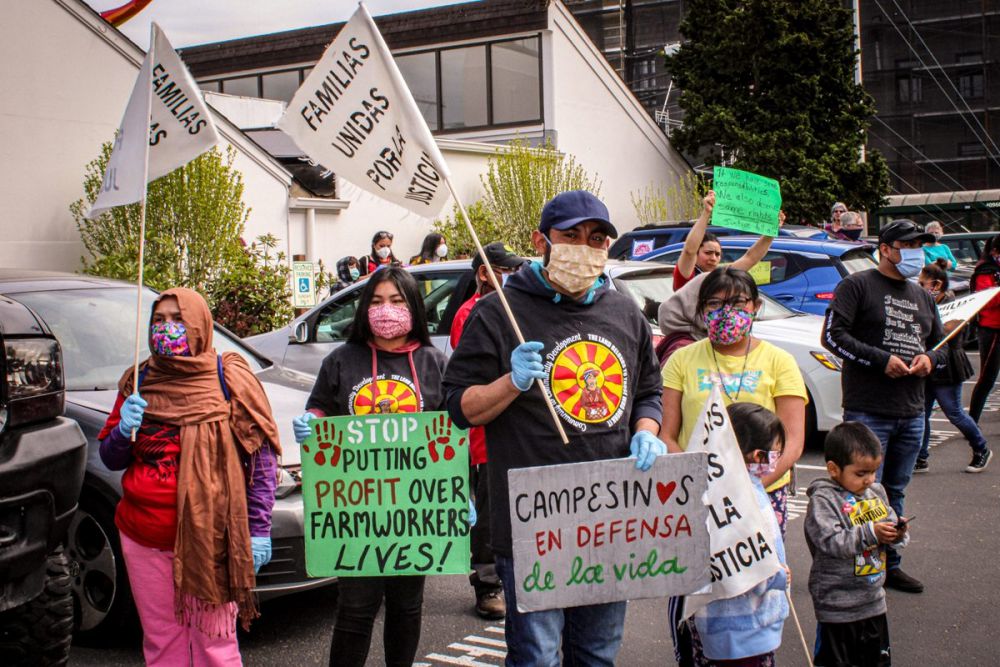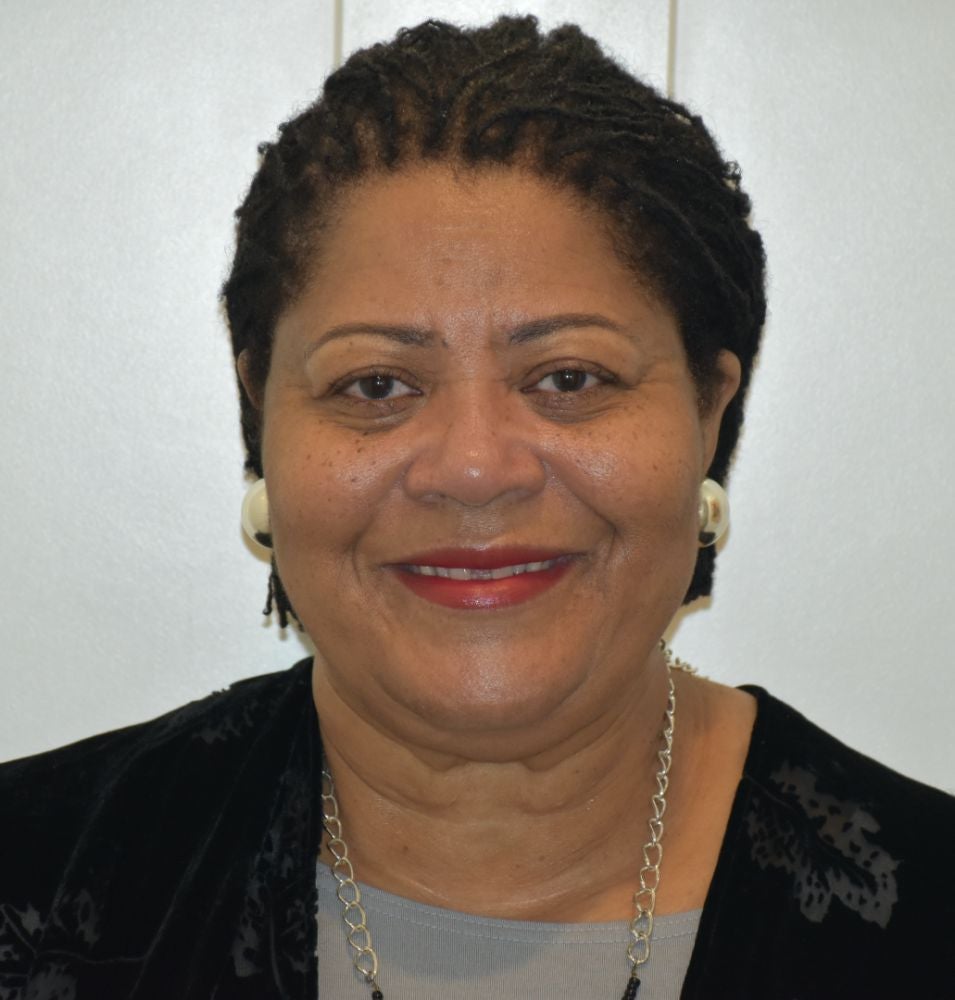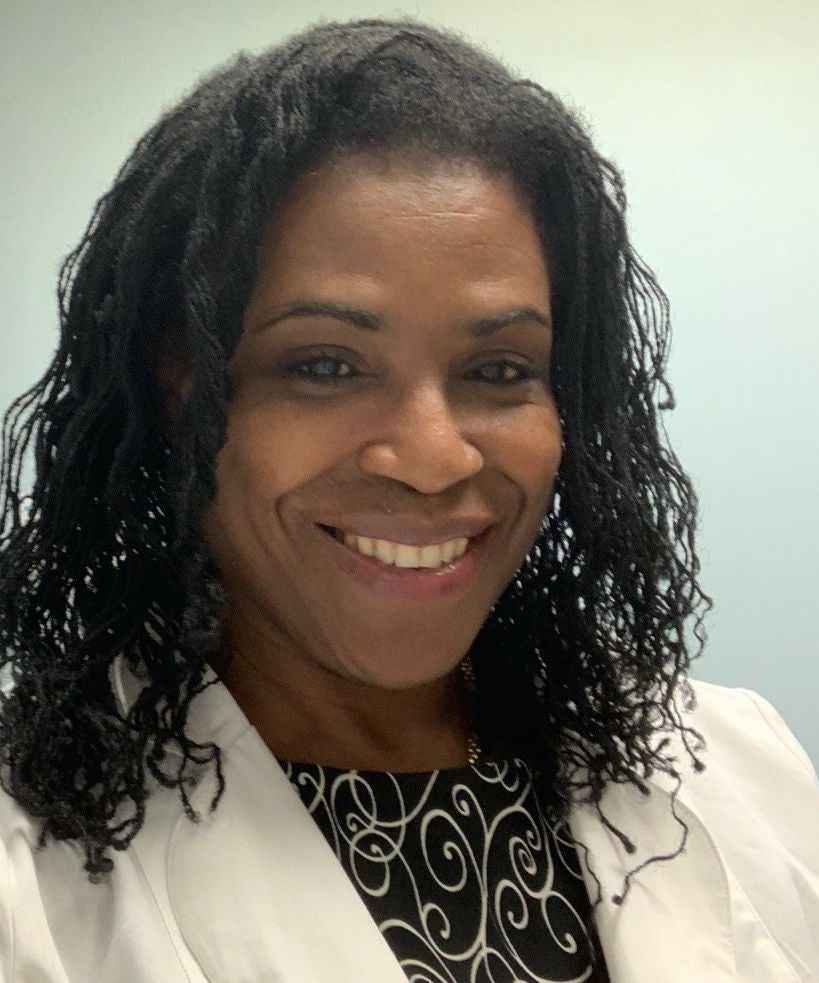
Essential and At Risk


Much of the conversation about COVID-19 is about numbers: how many people are infected, hospitalized or dead. Often missing in the discussion is the plight of people on the front lines, the “essential” workers risking their lives to provide services that can’t be done from the safety of their homes.
A series of webinars organized by UC Santa Barbara scholars will let those workers speak for themselves. The first webinar in the new series “Intersectional Justice in California: COVID-19 Inequalities on the Frontlines” will be held Tuesday, June 30, from 7 to 8 p.m. Future webinars are planned for the fall.
Co-organizer Sharon Tettegah, a UC Santa Barbara professor in the Department of Black Studies and director of the campus’s Center for Black Studies Research, said the webinars will explore the social inequities laid bare and exacerbated by the pandemic. Issues such as a lack of paid time off and sick leave, job security, benefits and workplace flexibility all play outsized roles in their impact on vulnerable workers.
“What I’m really hoping to do with the webinars is to allow the university community to hear the voices of the people that are out there, that are suffering in ways that we don’t know,” said Tettegah, who noted that workers affected by the COVID crisis represent a broad swath of industries: healthcare, agriculture, hospitality, retail and more.
The first speaker, Tettegah said, will be Pattye Anderson, a board-certified family nurse practitioner whose decades of family health experience has given her a unique perspective in racial disparities in health care. She will speak for 30 minutes, followed by a 30-minute question-and-answer period.
“It’s important to recognize and provide the diverse perspective and opinions of clinicians who currently work in ambulatory outpatient settings, as frontline essential workers,” Anderson said. “By lending my voice to this platform, I intend to generate dialogue among community advocates and stakeholders to promote quality health care and improve clinical outcomes.”
One of the more insidious aspects of the crisis, Tettegah noted, is how it falls harder on people of color, women, the LGBTQ community, the incarcerated and other marginalized populations. Given that reality, the webinars’ speakers will explore a number of pertinent questions: What are the challenges Californians face today? How has COVID exacerbated pre-existing inequalities? Which populations are most affected, and how? How have communities and organizations have responded? What resources do communities need to combat the pandemic’s inequities?
It’s important to reach out beyond the confines of a university campus, Tettegah said, because academics can be insulated from the realities of marginalized communities.
“I’m hoping to get these individuals so we can hear them,” she said. “I remember when I was a program officer at the National Science Foundation and all these academics would come through. We’d have these panels and people would talk about things like, ‘Well, I think I want to do this app with a smartphone.’ And I’m like, ‘You guys have forgotten that not everybody has a smartphone. Not everybody has data packages.’ It’s because academics live in a world where we have access to many resources. We forget that some of our students don’t have the same access to the resources that we have in academia.”
Tettegah said the webinars grew out of conversations with Betsy Kaminski, director of the Women’s Center, about intersectional justice. Those talks blossomed into the webinars project, and the list of co-organizers grew to include an impressive list of scholars: Terrence Wooten, assistant professor of Black studies; Jean Beaman, assistant professor of sociology; San Juanita García, assistant professor of Chicana and Chicano studies; and Zakiya Luna, assistant professor of sociology.
More than a dozen community organizations representing an array of interests and populations have been invited to send a representative to participate in the webinars. Each speaker will receive a $250 honorarium and an additional $250 gift card or gift certificate will be given to the organization to support its causes.
The webinars are a partnership of the Center for Black Studies Research; Feminists Futures Initiative; Women Gender & Sexual Equity; the Department of Black Studies, the Department of Chicana and Chicano Studies; the Division of Social Sciences; and the Department of Sociology.



